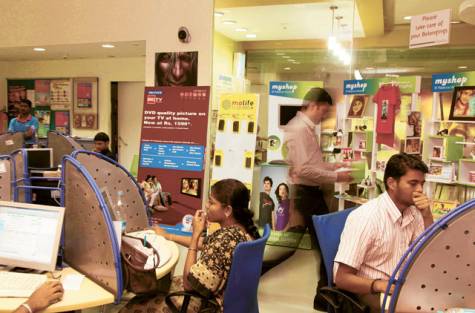
Dubai, April 27: The United States has lost its crown as the "Spam King" to India in the first quarter of the year, security firm Sophos said in a report.
"The volume of email spam that originated from India exceeded the volume coming from the US and transformed the Asian country into the world's top spam source," Graham Cluley, a senior technology consultant at Sophos, said in its latest Dirty Dozen report.
“ The volume of email spam that originated from India exceeded the volume coming from the US and transformed the Asian country into the world's top spam source”
Graham Cluley, a senior technology consultant at Sophos
The US, which has been the traditional leader of the list, came in second after India followed by South Korea with Indonesia in third place along with Russia.
Mumbai-based internet security specialist Vijay Mukhi said spammers could act with impunity due to poor enforcement of laws.
"We have an Information Technology Act that was introduced in 2000. But we don't have any convictions under it and it's silent on spam," he told Gulf News.
Though India has laws aimed at tackling cybercrime, he said many internet users feel it is not used effectively. Even when arrests are made, very few people are actually convicted.
Free rein
He said police had arrested six Nigerian nationals suspected of defrauding hundreds of people using text message and email scams in January. Scam victims were duped after being told they had won a lottery.
Darya Gudhova, a spam analyst at Kaspersky, a company which designs anti-virus software, said a lack of security awareness had given spammers free rein. She said there was a growing level of cybercrime activity in developing regions such as Asia and Latin America.
Sophos' Cluley said the vast majority of spam was sent by computers infected with some type of malware. He added: "If you have a spam in your inbox, there's an almost one in ten chance that it was relayed from an Indian computer."
He said the overall throughput of global email spam messages had decreased during the first three months of 2012 compared to the same period in 2011.
This is because of anti-spam actions taken by ISPs, but also because spammers have started favouring social networks.





Comments
Add new comment